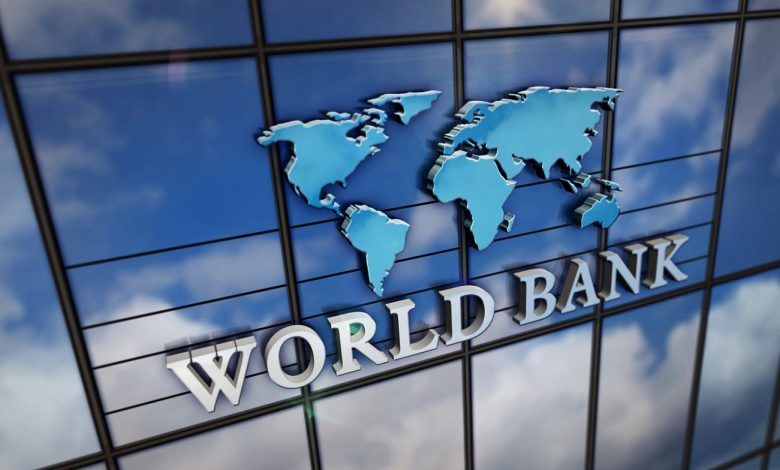
The World Bank has released its Nigeria Development Update report, revealing a stark increase in poverty levels across the country. Currently, over 129 million Nigerians live below the national poverty line, reflecting a dramatic rise from 40.1% in 2018 to 56% in 2024.
The report, launched in Abuja on Thursday, coincided with widespread public concern over worsening hunger and escalating inflation rates. According to the findings, the increase in poverty is partly due to Nigeria’s sluggish economic growth, which has failed to keep pace with inflation.
Real GDP per capita has not rebounded to pre-recession levels seen before the oil price crash in 2016, further exacerbated by the economic fallout from the COVID-19 pandemic.
“With growth proving too slow to outpace inflation, poverty has risen sharply,” the report states. It estimates that approximately 51.1% of the population lived in poverty by 2023, indicating that nearly 35 million additional people have been pushed into poverty since 2018.
The World Bank attributes this alarming trend to multiple factors, including the impact of the COVID-19 recession, natural disasters like flooding, rising insecurity, and the adverse effects of recent economic policies, such as the high costs associated with the demonetization policy introduced in early 2023.
While poverty remains predominantly a rural issue, urban poverty has risen significantly, with 31.3% of urban residents now classified as poor up from 18% in 2018.
In a contrasting perspective, Governor Bala Mohammed of Bauchi State criticized President Bola Tinubu’s economic reforms, asserting that they have failed to deliver the anticipated relief for struggling Nigerians. He emphasized the urgent need for policy adjustments to alleviate the financial burdens faced by citizens.
Meanwhile, the World Bank acknowledged the painful nature of these reforms but maintained that they are vital for Nigeria’s long-term stability and growth. It highlighted that cash transfer programs are being ramped up to support economically vulnerable households during this crisis.
The report also underscores a critical issue: while employment levels have increased, many jobs do not offer sufficient remuneration to lift individuals out of poverty. Alex Sienaert, the World Bank’s lead economist for Nigeria, noted that raising the minimum wage would benefit only a small fraction of the workforce, urging the need for more productive and better-paying job creation.
As Nigerians continue to grapple with rising living costs and dwindling resources, public sentiment is increasingly strained. Many households are resorting to innovative survival strategies, from cutting unnecessary expenses to bartering goods and services.
Inflation has surged to record levels, reaching an average of 32.7% in September 2024, driven by skyrocketing prices for essential goods, including food and fuel. Despite promises to lower petrol prices, the administration has seen an increase of nearly 488% since May 2023, leaving many citizens in distress.
As Nigeria navigates this economic turmoil, the call for urgent and effective government intervention grows louder, with citizens expressing their frustrations and a desire for immediate relief from the escalating hardships.





